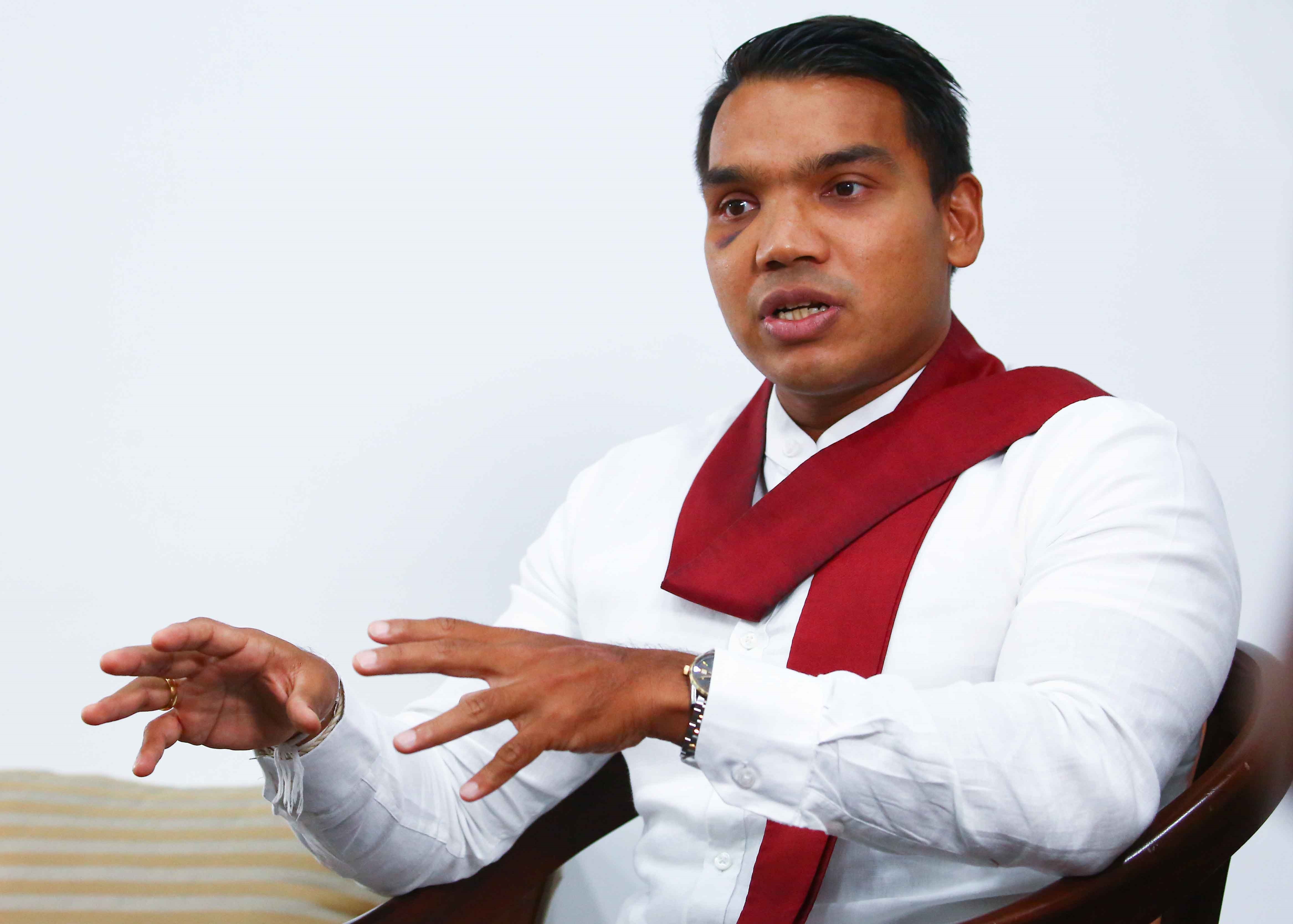Body of missing fisherman washed ashore in Batticaloa
The body of a fishermen who had been reported missing was found washed up on the Punnaikudaa shore on Saturday morning, reports Batti News.
The fisherman has been identified as 20 year old Kanthasamy Kiritharan from Eravur, who went out to see together with eight others. He was reported missing last Thursday after the fishing vessel ran into difficulty at sea and he was swept away by large currents.
The police are reportedly investigating the incident.
The fisherman has been identified as 20 year old Kanthasamy Kiritharan from Eravur, who went out to see together with eight others. He was reported missing last Thursday after the fishing vessel ran into difficulty at sea and he was swept away by large currents.
The police are reportedly investigating the incident.


